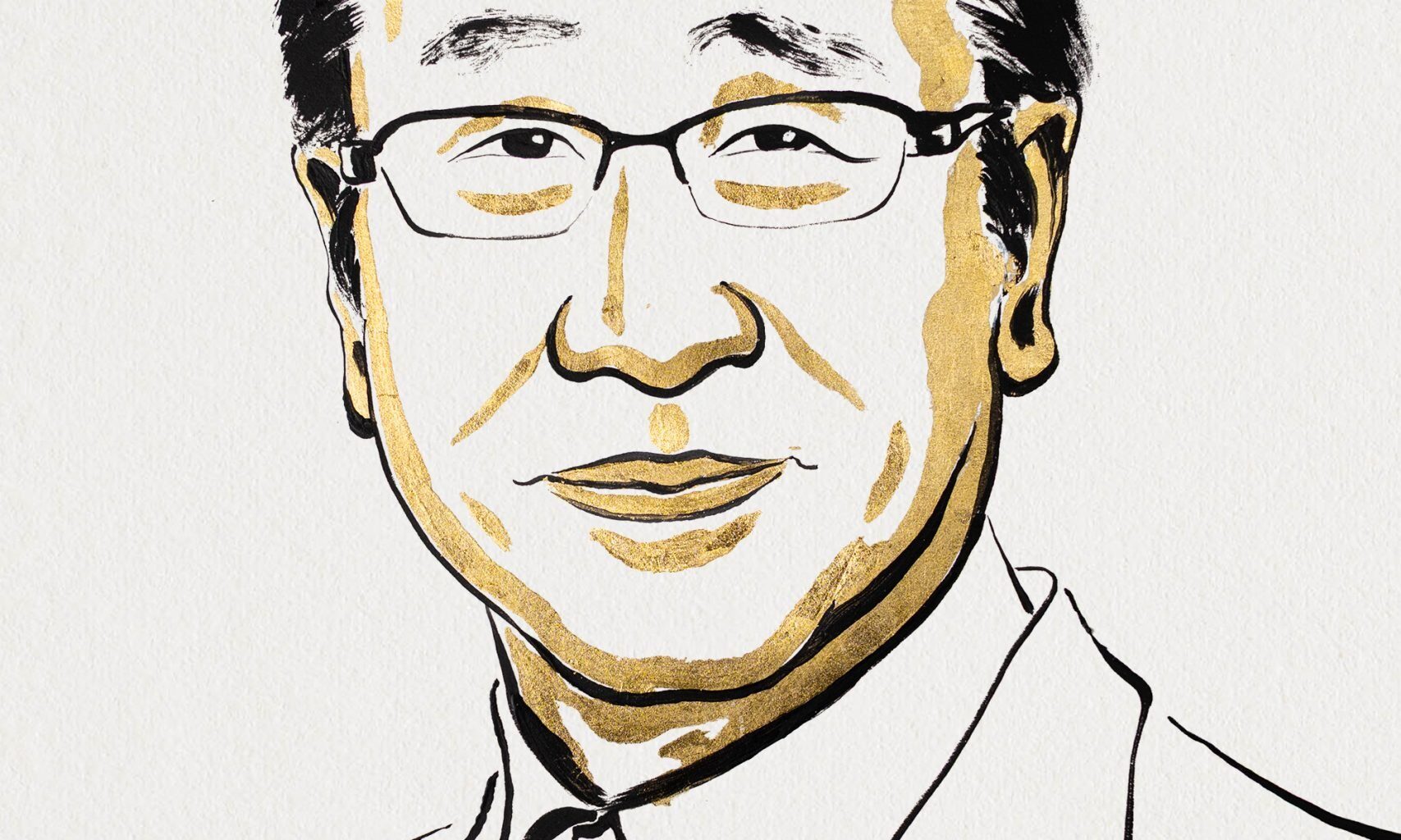Navigate to:
Summary– Facts– Interview– Photo gallery– Other resources- Richard Robson- Omar M. Yaghi Prize announcement Press release Popular information Advanced information
First reactions. Telephone interview, October 2025
“This is the mind of the researcher in Japan, don’t switch off the light, even at night.”
In this short conversation recorded the day after the announcement of his Nobel Prize in Physics, Susumu Kitagawa about his approach to tackling grand challenges, and how to keep a lookout for the unexpected. He also explains how his perspective on research has a lineage that extends back to other Japanese Nobel Prize laureates Kenichi Fukui, Akira Yoshino and even Hideki Yukawa, the very first Nobel Prize laureate from Japan.
Transcript
Susumu Kitagawa: Hello?
Adam Smith: Hello. Am I speaking with Professor Kitagawa?
SK: Yes, I’m speaking.
AS: Hello. Congratulations on the award of the Nobel Prize.
SK: Oh, thank you very much.
AS: One of the things that is special about your work perhaps, is that now everybody talks about the application of metal-organic frameworks. Many people in the nineties were not convinced that this was a system that could work, but you continued to work on it.
SK: Right, and because anytime I tried to do something with big challenge mind, so if this is impossible, if several people said, this is impossible and this cannot be realised, I have a very big motivation. Okay. Strong motivation to create new materials. So that is, in a sense, in the tradition of Kyoto University. Kyoto University is a creation of knowledge. We need to show absolutely the origin of the science or origin of materials. So my environment just supports me to do so.
AS: That’s such an important point that to create a good research environment is a very special thing.
SK: Yes. Also, tradition. Another thing I had to say, in 1983, Professor Fukui was awarded the Nobel Prize in quantum orbital theory, in the quantum chemistry [editor’s note: Kenichi Fukui was awarded the Nobel Prize in Chemistry 1981]. So Fukui is my academic grandfather in the laboratory, and I am the grandson in almost the same laboratory.
AS: That’s lovely.
SK: And also, Yoshino. He was awarded the Nobel Prize for lithium-ion batteries, he’s my senior in the same laboratory.
AS: Really? Akira Yoshino.
SK: Yes. So that means if Fukui and Yoshino, second generation, skip, and Yoshino and myself, this is kind of very big kind of tradition to doing the original work. Of course, Fukui is a quantum chemist, Yoshino is a solid state inorganic materials, myself is support materials, that’s different, but the way of thinking is similar.
AS: Exactly. I imagine working with people like that, you learn how to attack big challenges. How to ask the biggest possible question. How would you describe your approach to asking questions? How do you get it right?
SK: Of course. You know my background is in physical chemistry and the quantum chemistry. So I’m very much interested in the solid state properties. Just imagine in the case of solid state properties in the electric conductivity and also the magnetic properties, these systems are very condensed system. So that means no pores. But in a big event I had when I was in a private university, in the computer center to analyse the crystal structure, and accidentally we observed the porous structure. So I just think, oh, this is a very good direction using this porous coordination polymer. I quickly changed my target to the porous system.
AS: So you have to keep your eyes open for possibilities to follow.
SK: Yes, yes. Eyes open for the porous materials. So Louis Pasteur said that chance favours prepared mind. That’s it. So, I learnedm in several places, I did not reject my experience. So that mean it accumulated in my mind.
AS: Exactly. So, and the American medical educator Abraham Flexner, he wrote this book in 1939 called The Usefulness of Useless Knowledge.
SK: Imagine, 2,400 years ago, this kind of person, ZhuangZi, already thought about this thing. Professor Yukawa, he’s the first Nobel laureate in Japan, in the physics and the elementary particles. He loves to read the Chinese, this kind of literature. So he wrote a lot of things about these kinds. I read his essays and several things.
AS: Truly, you have a prepared mind then.
SK: Yes. Prepared mind. Exactly.
AS: And it all takes a lot of work as well. I mean, one of the things that one has to understand about all of this is that you have to work very, very hard. Is that right?
SK: Yes, of course. This is the mind of the researcher in Japan. Don’t switch of the light, even at night.
AS: Oh, well. So then in this case, you are well prepared for what is happening to you now, because I know that nobody is letting you switch off the lights these days. Thank you very much. It’s been a huge pleasure speaking to you. I’m very grateful. Thank you.
SK: Yes. Thank you. Bye.
AS: Bye.
[snippet id=”9358″
To cite this section
MLA style: Susumu Kitagawa – Interview. NobelPrize.org. Nobel Prize Outreach 2025. Thu. 9 Oct 2025.
Back To Top
Takes users back to the top of the page
